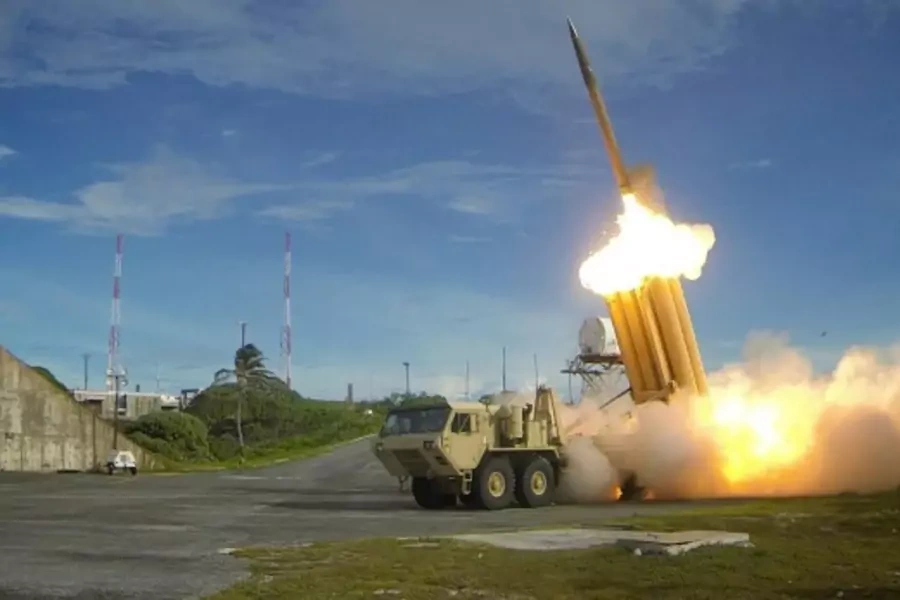Sungtae “Jacky” Park is research associate for Korea studies at the Council on Foreign Relations and is the author of The Korean Pivot and the Return of Great Power Politics in Northeast Asia.
On January 5, North Korea conducted its fourth nuclear test. Pyongyang also conducted another submarine-launched ballistic missile ejection test in December of last year, demonstrating that the Kim regime is intent on developing deliverable nuclear weapons that can hit the United States. Yet, China, which can do the most to clamp down on North Korea, is still refusing to do so, despite the deterioration in Beijing-Pyongyang relations over the last few years. To be sure, China began to implement UN sanctions after North Korea’s third nuclear test in February 2013—except that Chinese trade with North Korea grew by 10.4 percent in 2013 and by 4.9 percent in 2014. In 2015, China-North Korea trade decreased by 15 percent, but the decline was due to the slowdown in China’s economy. In fact, Beijing has been working to improve relations with Pyongyang since late 2014 and early 2015.
More on:
Instead of pressuring the Kim regime, China wants to restore a “normal,” and perhaps even still “special,” relationship with North Korea, although the upward trajectory in Beijing-Pyongyang relations will be bumpy (as demonstrated by the recent Moranbong incident and the nuclear test). While China’s shifting position on North Korea is disappointing, Seoul now has every reason to discuss the Terminal High Altitude Area Defense system (THAAD) openly at the senior official level with the United States. Seoul also has reason to present an ultimatum to Beijing: Clamp down and remove the North Korean nuclear and missile threats by any means necessary, or South Korea will exercise its sovereign right to deploy the missile defense system in response to the growing danger posed by the Kim regime.
Read more in the National Interest...
More on:
 Online Store
Online Store
